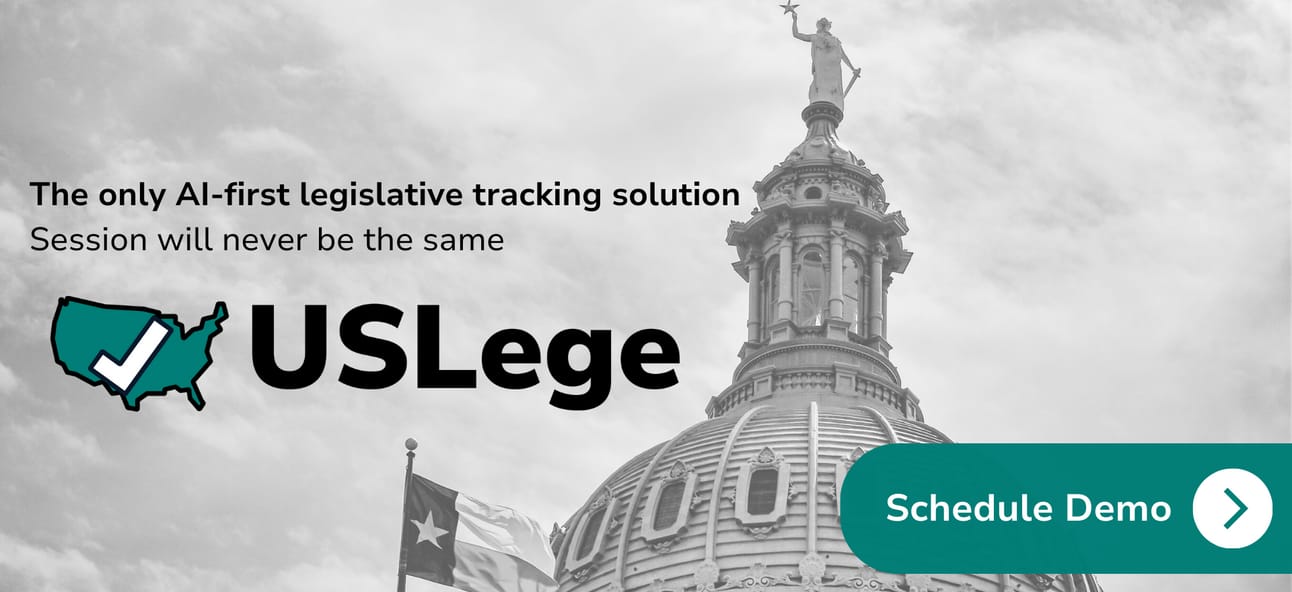
Welcome back, friends
Texas is transforming into a global tech hub with a $500 billion data center investment by OpenAI, SoftBank, and Oracle, while new legislative rules reshape political dynamics in the state. As innovation fuels growth, debates over energy demands, grid reliability, and partisan governance take center stage, setting the tone for Texas’ future.
Today’s Insights:
Texas’ Data Center Boom is Here
New Rules Reshape Texas House Leadership
Texas’ Data Center Boom is Here
The rapid expansion of data centers in Texas highlights their critical role in powering the 21st-century economy. These facilities house the servers and cooling systems essential for supporting the ever-growing demand for digital services, from AI innovation to healthcare data management. Fueled by Texas’ affordable energy, business-friendly environment, and robust infrastructure, the state has become a hub for data centers, with hundreds of facilities contributing to local economies by creating jobs and supporting surrounding industries. However, their substantial energy requirements, comparable to medium-sized power plants, have amplified the strain on the state’s power grid, raising questions about sustainable growth and grid reliability.
A recent announcement highlights the scale of investment flooding into Texas’ data economy. Stargate, a $500 billion joint venture between OpenAI, SoftBank, and Oracle, is set to establish 20 new data centers across the state, with the first project already underway in Abilene. Oracle CEO Larry Ellison described these facilities as critical infrastructure for the digital age, supporting advancements in AI, healthcare, and beyond. This investment signals Texas' growing role as a global hub for technological innovation and positions the state to shape the future of digital infrastructure on an unprecedented scale.
As Texas prepares to meet rising electricity demands, the interplay between large energy users like data centers and the state’s broader energy landscape will shape policy discussions. Efforts to expand natural gas capacity and encourage on-site power generation aim to balance the needs of industrial growth with grid stability and affordability for residential consumers. Policymakers and industry leaders are exploring innovative solutions, such as requiring data centers to participate in demand response programs or build localized power infrastructure. These measures highlight the shared responsibility of ensuring Texas remains a leader in digital innovation without compromising the energy needs of its residents and businesses.
New Rules Reshape Texas House Leadership
The Texas House voted to prohibit members of the minority party from chairing committees, marking a historic departure from common practice that had been in place since the 1970s. Conservative Republicans championed the change as a way to streamline the legislative process and ensure that the priorities of their voters take precedence. Critics, however, warned that eliminating minority party leadership roles could erode collaboration and limit representation for constituents whose views differ from those of the majority. While the new rules remove Democrats from chairing committees, they allow for some degree of bipartisan involvement by permitting minority party members to serve as vice chairs and participate in subcommittees, reflecting a compromise amid growing polarization.
The rule change passed with significant bipartisan support, though it exposed fractures within the Republican Party, with some conservative members criticizing the expedited process and the potential ramifications for legislative debate. The reorganization also saw the consolidation of several committees and the creation of new ones, such as the Delivery of Government Efficiency committee, which will oversee areas like artificial intelligence and streamlining state services. As Speaker Dustin Burrows prepares to appoint committee chairs, the decision signals a more partisan approach to governance while setting the stage for debates on key issues such as grid management, economic growth, and public safety. This shift foreshadows a potentially contentious legislative session as lawmakers navigate the balance between efficiency and inclusivity in representing Texas’ diverse population.
We hope you enjoyed today’s read!
🎙️Check Out Our Podcast! 🎙️

Bills and Business is your go-to podcast for conversations related to Texas legislation and business. Hosted by Laura Carr, Co-Founder of USLege—an AI-driven legislative tracking software—we bring you in-depth analysis on economic trends, impactful legislation, and key developments shaping Texas business.
Subscribe on Youtube, Apple Podcasts, and Spotify for weekly episodes!
🔍 USLege - The Only AI-First Political Tracking Solution ✨
USLege helps you track legislation and find what you need faster from bills, committee hearings, floor debates, and state agency meetings faster.
Say goodbye to tedious tasks!
🤝 Texas Association of Business 📈

Texas Association of Business (TAB) is the Texas State Chamber, representing companies of every size and industry. TAB’s purpose is to champion the best business climate in the world, unleashing the power of free enterprise to enhance lives for generations.
